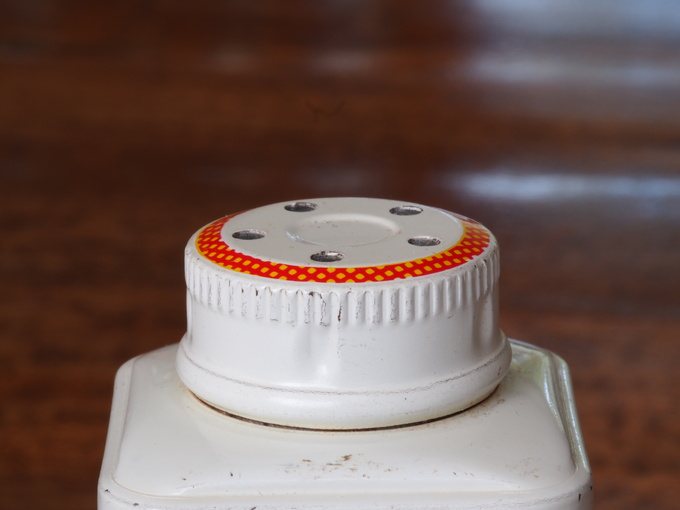The lawyers for the plaintiffs assert that Johnson & Johnson, along with Johnson & Johnson Management and Kenvue UK, must be held responsible. They claimed that J&J "hid" the dangers for years. The company later substituted cornstarch for talc, but only ceased the production and sale of talc-based powder in the UK and other nations in 2023, three years after halting sales in the US and Canada.
J&J refutes these claims. A spokesperson for Kenvue, the former J&J consumer health branch spun off two years ago and tasked with talc-related claims outside the US and Canada, mentioned that the talc in the baby powder met legal standards, was asbestos-free, and did not lead to cancer.
Attorney for the plaintiffs, Michael Rawlinson, highlighted in legal documents that there are scarcely any "commercially mined talc deposits that lack asbestos." He asserted that the company "influenced regulators" to keep selling its product and funded research to "minimize the health risks."
source: theguardian.com
J&J refutes these claims. A spokesperson for Kenvue, the former J&J consumer health branch spun off two years ago and tasked with talc-related claims outside the US and Canada, mentioned that the talc in the baby powder met legal standards, was asbestos-free, and did not lead to cancer.
Attorney for the plaintiffs, Michael Rawlinson, highlighted in legal documents that there are scarcely any "commercially mined talc deposits that lack asbestos." He asserted that the company "influenced regulators" to keep selling its product and funded research to "minimize the health risks."
source: theguardian.com



















